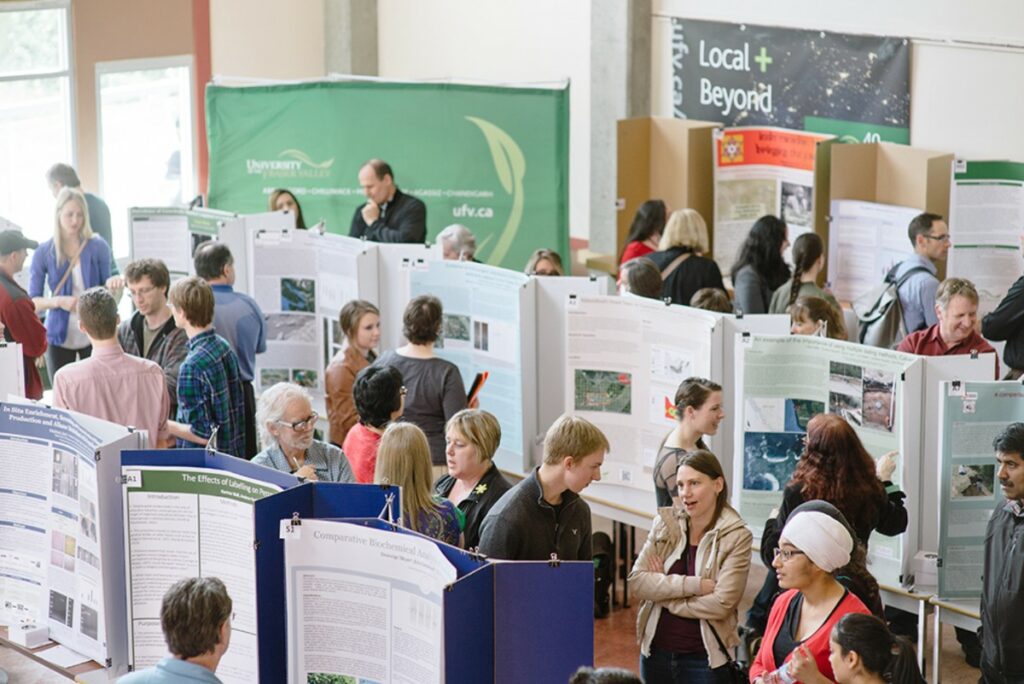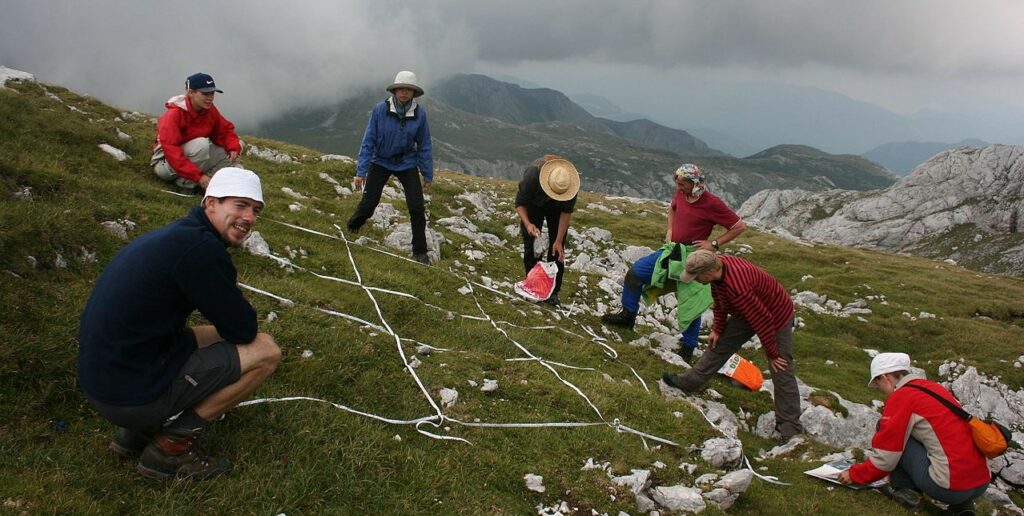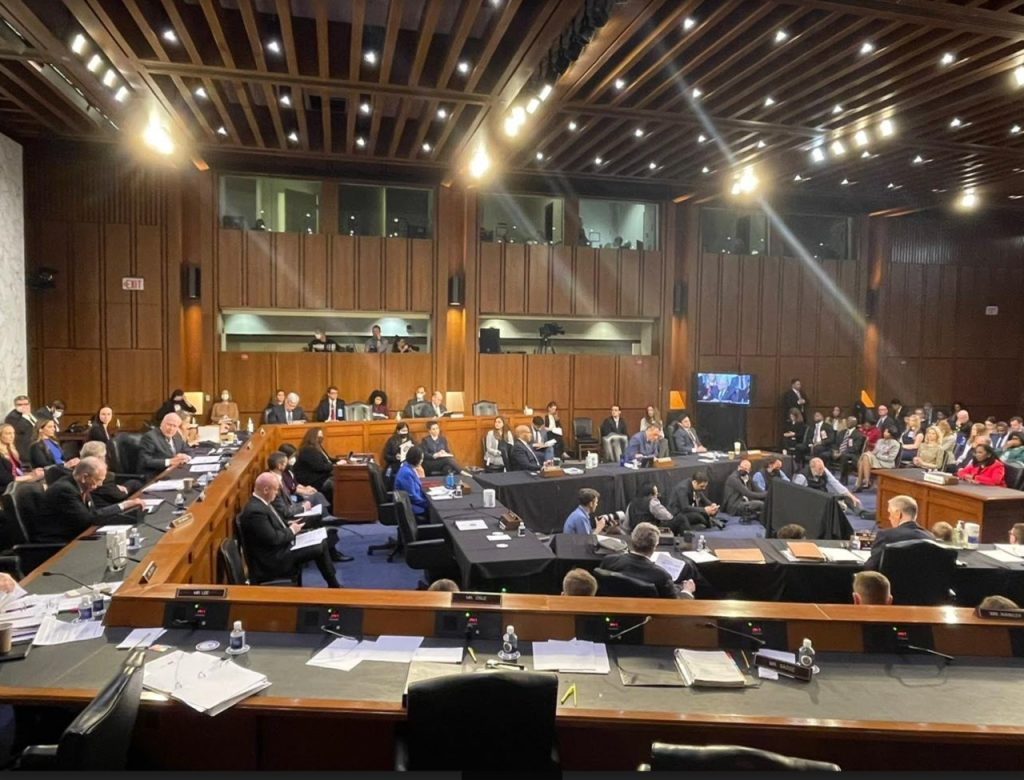Tacit Knowledge
Tacit Knowledge is Related Concepts: Felt Sense; The Secret, Hidden Writing Process: How to Tap Your Creative Potential “I shall reconsider human knowledge by starting from the fact that we can know more than we can tell“ Michael Polanyi In The Tacit Dimension, Michael Polanyi (1966), theorized that we know much more than we can express. ...







